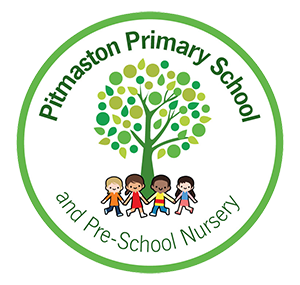History at Pitmaston Primary School
Our History curriculum at Pitmaston traces British history and the great civilisations of the world, ensuring our pupils gain a coherent knowledge and understanding of Britain’s past and the wider world. We aim to provide pupils with the knowledge, skills and understanding to appreciate our history and that of human creativity; the diversity of societies and relationships between different groups as well as our own identity, endeavour and exploration through time.
Beginning in our Early Years, (Nursery and Reception) our pupils talk about the lives of the people around them and their roles within society. They are able to recognise similarities and differences between things in the past and now, drawing from their experiences as well as what has been read. Within KS1, our pupils further develop their awareness of the past, broadening their repertoire of historical language. They begin to develop an awareness of where the people and events they have studied fit within a chronological framework. This then continues into, and is built upon in Key Stage 2, where children develop clear narratives within and across the periods they study.
Through an enhanced knowledge and understanding of British, local and world history, pupils will leave our school with the ability to construct informed responses that involve thoughtful selection and organisation of historic information. Through enquiry based learning, we will engage and motivate pupils and encourage them to see the world through the eyes of young historians, enabling them to understand how events in the past have contributed to shaping the world in which they live today. This awareness will help to build a more informed and sustainable society in the future.
History Topics at Pitmaston
Each History topic has:
* an umbrella question that can be answered at the end of the topic
* a key question for each lesson that can be answered at the end of that lesson
* a solo taxonomy across 5 levels for each lesson, which is then used to assess learning for that lesson.
* a key questions quiz at the start and end of topic
* the opportunity to use a variety of sources of evidence e.g.: photos, film, artefacts, paintings
* the opportunity for enquiry based learning where children are questioning evidence








